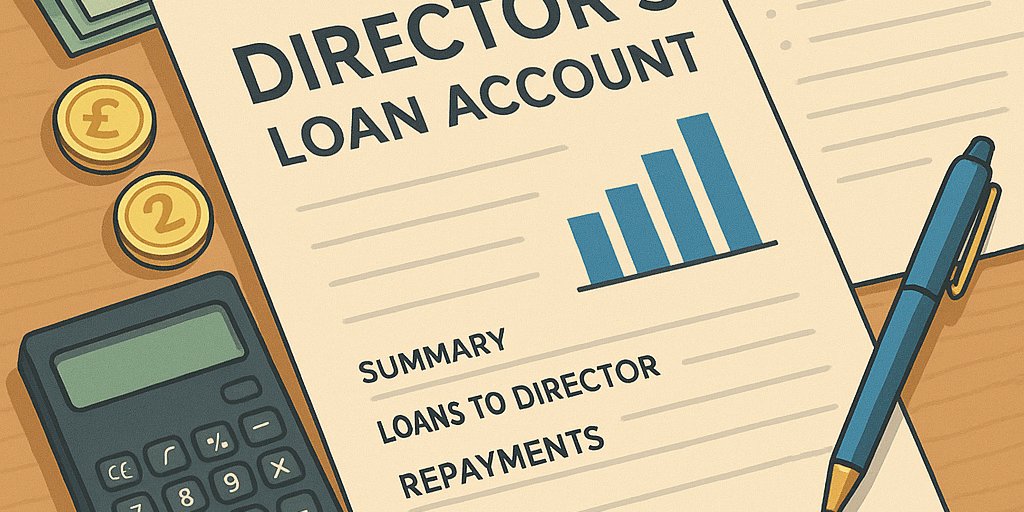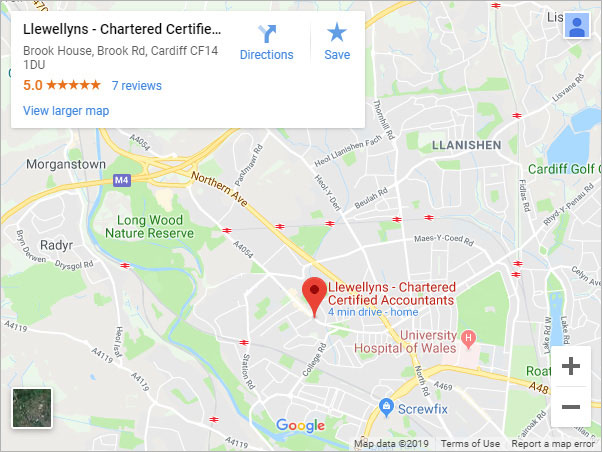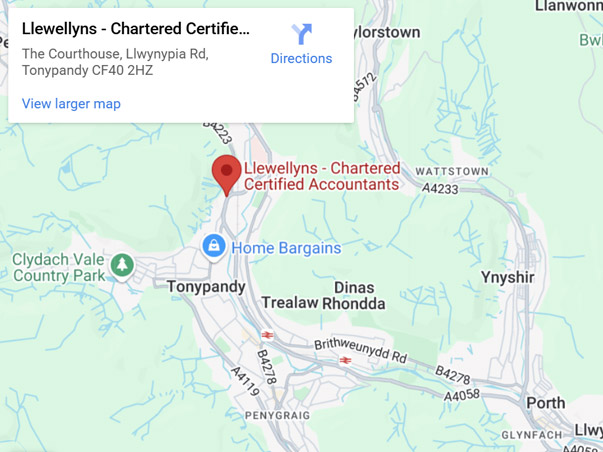💼 What Business Owners Need to Know About Director’s Loans
If you’re a director of a limited company, chances are you’ve borrowed money from the business — or loaned it some yourself. This is totally normal, but it’s important to understand the tax implications.
These are called Director’s Loans, and if they’re not managed properly, they can trigger unexpected tax charges for both you and your company.
Let’s break it down 👇
🔄 What is a Director’s Loan?
A Director’s Loan is any money you take from (or give to) your company that isn’t:
A salary
A dividend
A legitimate expense repayment
This is tracked in a Director’s Loan Account (DLA) — like a running tally between you and the company. It shows what’s borrowed, repaid, and owed.
🚩 Why You Need to Be Careful
If your DLA is overdrawn (you owe the company) at year-end, and you don’t repay it within 9 months, your company could be hit with extra tax:
💰 Section 455 Tax
32.5% charge on the unpaid loan balance
Refundable only once the loan is fully repaid
🧾 Benefit in Kind (BiK)
If the loan is over £10,000 and no interest is charged, it’s seen as a benefit to you
You’ll need to:
Report it on a P11D
Pay personal tax
The company pays Class 1A NICs
🔁 Don’t Fall into the “Bed & Breakfast” Trap
Thinking of repaying the loan just before the deadline, then taking it back out? That’s called ‘bed and breakfasting’, and HMRC doesn’t like it.
If:
£5,000+ is repaid and re-borrowed within 30 days, or
It’s repaid using someone else’s funds,
…then anti-avoidance rules could still apply.
✅ How to Stay Compliant
Here’s how to make sure your Director’s Loan Account stays above board:
📌 Keep records tidy
Track every loan, repayment, salary and dividend properly — don’t mix it all together.
📌 Repay loans on time
Aim to repay within 9 months of the company’s year-end.
📌 Charge interest (if applicable)
If the loan exceeds £10,000, charging HMRC’s official interest rate avoids a BiK charge.
📌 Get advice first
Speak to your accountant before taking or repaying large sums — better safe than sorry!
🧠 Final Thoughts
Director’s Loans can be a handy tool for managing short-term cash flow — but they’re not “free” money.
Used correctly, they can offer flexibility. Used incorrectly, they can lead to avoidable tax bills and HMRC interest charges.
🎯 Need help reviewing your Director’s Loan Account?
We’re here to support business owners like you with smart, simple, and stress-free tax planning.
📞 Get in touch with Llewellyns Chartered Certified Accountants today to make sure your DLA is working for you — not against you.









